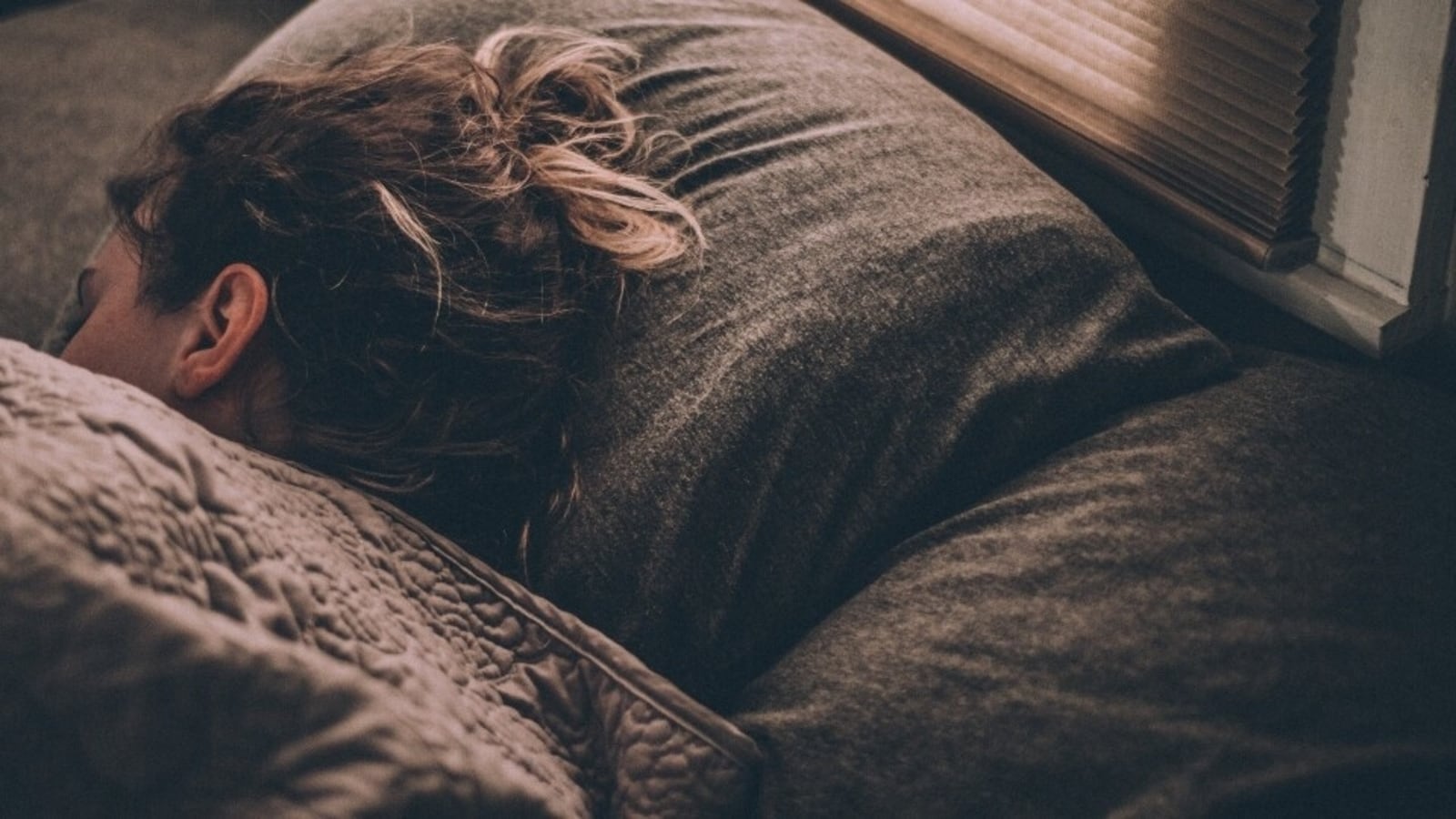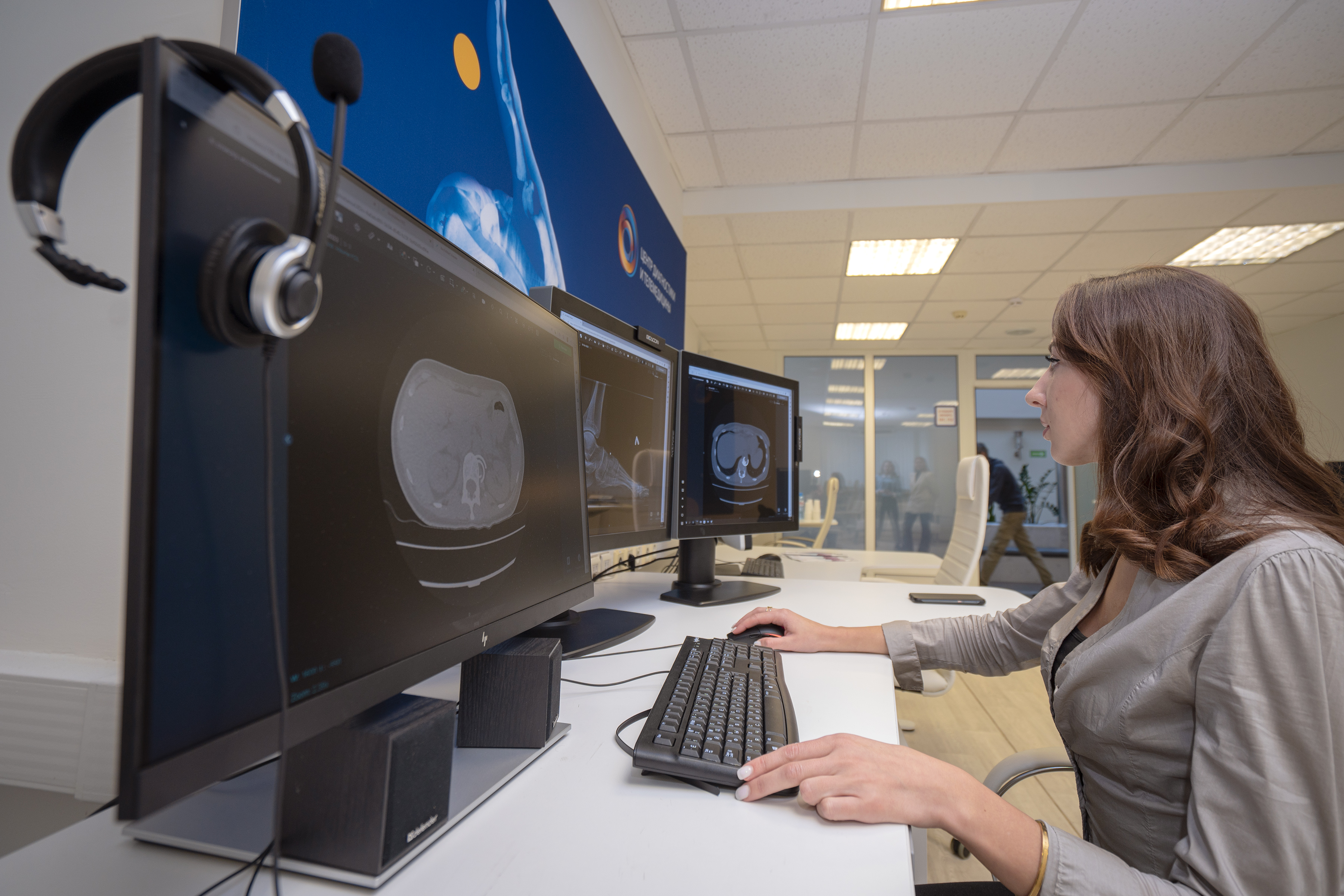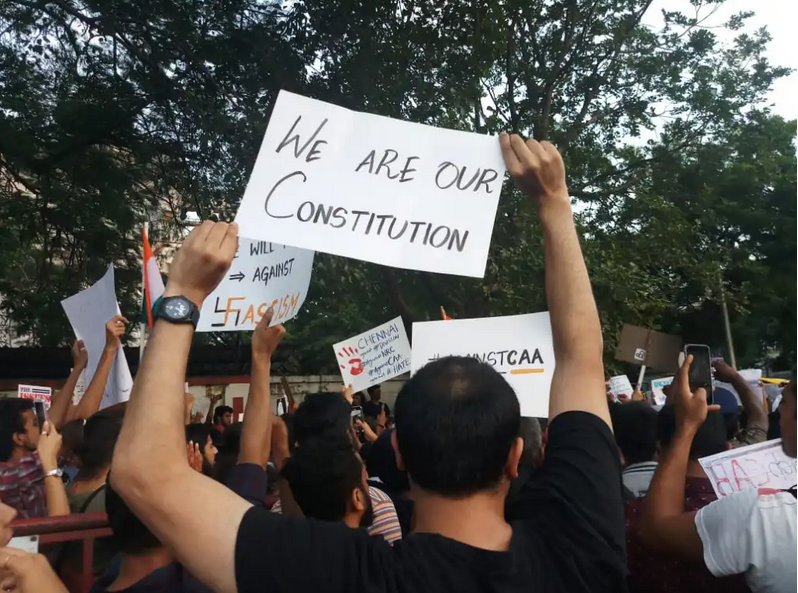Sleep apnea is a serious sleep disorder that occurs when a person's breathing is interrupted during sleep. There is as such no cure for sleep apnea, especially if you are diagnosed with moderate or severe sleep apnea. There are a few home remedies you can try to improve some sleep apnea symptoms without a prescription.
Risk factors for sleep apnea – Being male, being overweight, being above 40, having a large neck size (17 inches or greater in men and 16 inches or greater in women), having large tonsils, a large tongue, or a small jaw bone, having a family history of sleep apnea, nasal obstruction due to allergies or sinus problems.
Effects – It can increase the risk of health problems such as stroke, hypertension, heart failure, diabetes, depression, headache if left untreated.
Home remedies for sleep apnea
Humidifiers - Humidifiers are a common household accessory that adds moisture to the air to help you breathe easier. Dry air can easily irritate your respiratory system, so adding some moisture to the air will help you breathe more clearly while also encouraging your sinuses to drain, removing blockages and facilitating better breathing. Even this is not so effective if the problem of sleep apnea has been sustained for a long time.
Lifestyle - Sleep apnea is often caused by being overweight and the extra pressure that excess skin and untoned muscles can put on your airways. Often, doctors will suggest a regular exercise regimen paired with a healthy diet. As the weight decreases, the sleep apnea symptoms are alleviated or have subsided, you can start following a maintenance diet and exercise routine to stay at a healthy weight. Other lifestyle changes may include decreasing your use of alcohol, cigarettes, or other sedatives.
Sleeping positions - Sleep apnea is most common in those who tend to sleep on their backs. During sleep, all your muscles relax and tend to sag, especially those in your mouth, throat, and chest. If you are sleeping on your back, this extra sagging obstructs the airway, causing blockages that inhibit your ability to breathe at night. Occasionally, this only results in snoring, but can worsen and turn into sleep apnea.
Changing your sleep position may be the simplest solution to your apnea symptoms but can also be the most difficult to regulate. Because many of us move during sleep, sleep position can be one of the more challenging sleep behaviors to change.
Yoga - Yogic breathing techniques can help reduce your apnea. Yoga is like holistic treatment and is helpful also. Because of the relaxation and tension relief that often happens during yoga practices, many yoga exercises can help reduce inflammation and help you open your airways. Regular practice can help some of the symptoms of sleep apnea, like headaches and inflamed airways to go away.

 Try out these simple home remedies for sleep apnea which can get very dangerous if left untreated for long
Try out these simple home remedies for sleep apnea which can get very dangerous if left untreated for long










.jpeg)






.jpg)













